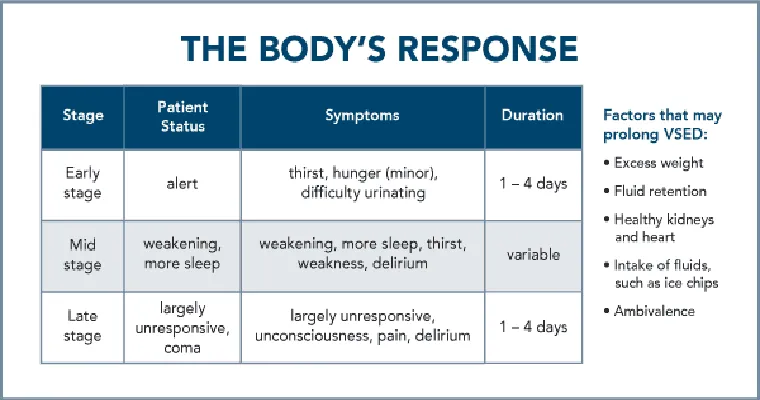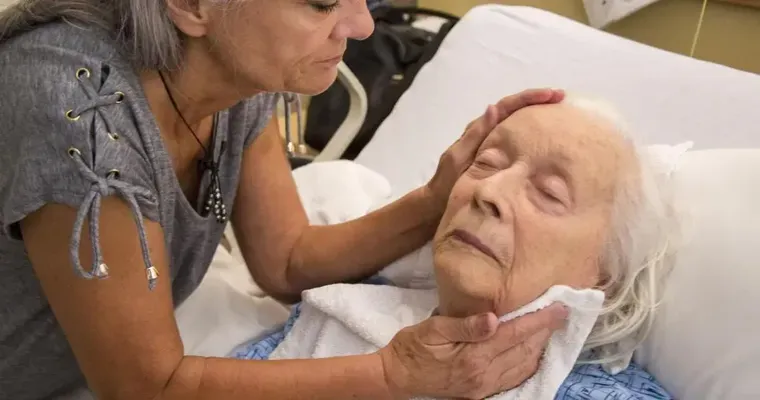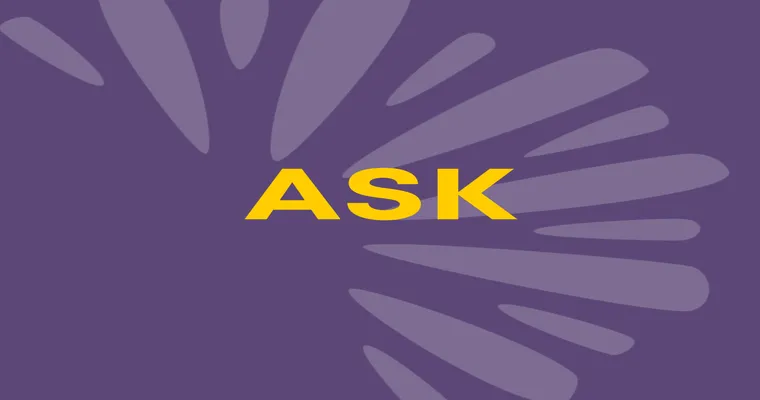VSED, or "Voluntarily Stopping Eating and Drinking", is an important topic that deserves attention, especially for those navigating the complexities of end-of-life choices. As discussions around "end-of-life care", "patient autonomy", and "palliative options" become more prevalent, understanding VSED is crucial for individuals, families, and healthcare professionals alike. This article will explore the nuances of VSED, its implications, and why it is increasingly relevant in today’s healthcare conversations.
VSED is a conscious decision made by individuals who wish to hasten their death by refusing food and fluids. This choice is often made in the context of terminal illness, severe suffering, or an irreversible decline in quality of life. Unlike euthanasia or assisted suicide, VSED is a "self-directed process" that allows individuals to retain control over their own bodies and decisions about their dying process. This aspect of "patient autonomy" can be empowering for many, providing a sense of agency in a situation that may feel overwhelmingly uncontrollable.
One of the primary motivations for choosing VSED is the desire to avoid prolonged suffering. Many patients facing terminal illnesses may find themselves in significant pain or distress and see VSED as a way to escape that suffering. It is essential for patients and their families to have open discussions about these feelings and the potential implications of this choice. Understanding the "physical and emotional" aspects of VSED can be crucial in making an informed decision.
Healthcare providers play a critical role in supporting patients who choose VSED. They can offer guidance on the process, help manage symptoms, and ensure that the individual’s decision is respected throughout. It is vital for medical professionals to be knowledgeable about VSED and to communicate effectively with patients and their families about what to expect during this process. This includes addressing any misconceptions and providing compassionate care that aligns with the patient's wishes.
While VSED may not be widely known, its relevance is growing in discussions about "end-of-life options". Many individuals are becoming more aware of their rights and the choices available to them. As healthcare systems increasingly prioritize patient-centered care, VSED can serve as an important option for those seeking to dictate the terms of their final days.
In conclusion, the subject of VSED is significant for anyone interested in the intersection of "ethics", "healthcare", and "patient rights". By fostering understanding and dialogue around VSED, we can help ensure that individuals are empowered to make informed choices about their end-of-life care. Whether you are a patient, a family member, or a healthcare provider, being informed about VSED can lead to more compassionate and respectful care at a critical time in life.





